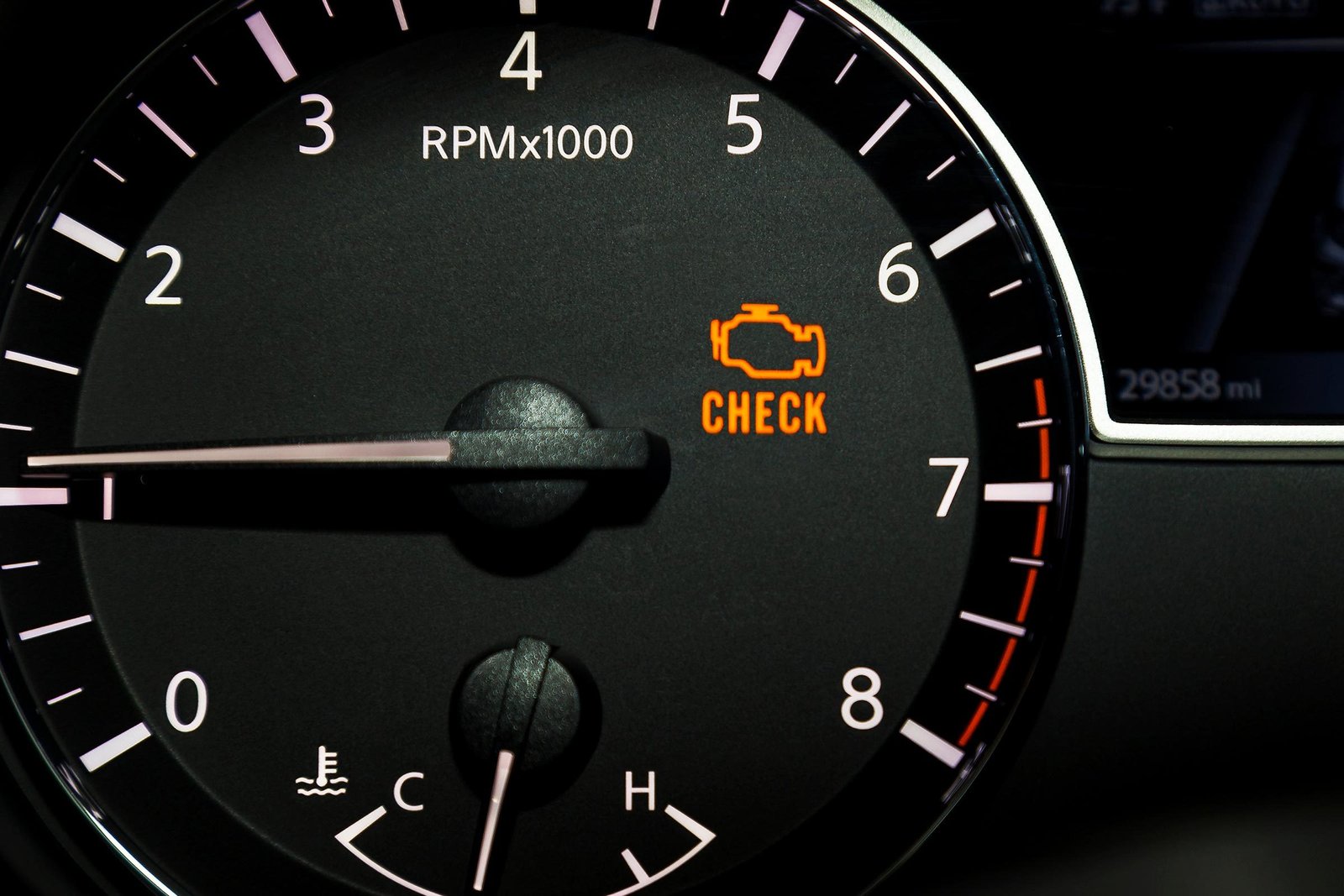Introduction
The check engine light is a common feature in modern vehicles that alerts the driver to potential issues with the vehicle’s engine or emissions system. When this light illuminates on your dashboard, it is important to address the underlying problem promptly to prevent further damage and costly repairs. In this article, we will discuss the top 5 causes when diagnosing the check engine light.
1. Faulty Oxygen Sensor
One of the most common reasons for the check engine light to come on is a faulty oxygen sensor. The oxygen sensor measures the amount of oxygen in the exhaust gases and helps the engine’s computer regulate the air-fuel mixture. A malfunctioning sensor can lead to poor fuel economy and increased emissions. It is essential to have the sensor replaced to ensure optimal engine performance.
2. Loose or Faulty Gas Cap
A loose or faulty gas cap is another common cause for the check engine light to illuminate. The gas cap helps maintain the proper pressure in the fuel system and prevents fuel vapors from escaping. If the cap is loose, damaged, or missing, it can trigger the check engine light. Checking and tightening the gas cap or replacing it if necessary can often resolve the issue.
3. Malfunctioning Mass Airflow Sensor
The mass airflow sensor (MAF) measures the amount of air entering the engine and helps determine the correct amount of fuel to inject. A malfunctioning MAF sensor can cause a variety of issues, including rough idling, decreased fuel efficiency, and even engine stalling. Cleaning or replacing the MAF sensor can often resolve the problem and turn off the check engine light.
4. Faulty Catalytic Converter
The catalytic converter is responsible for reducing harmful emissions from the exhaust gases. Over time, it can become clogged or fail, resulting in decreased engine performance and increased emissions. A faulty catalytic converter can trigger the check engine light and may require replacement to ensure proper vehicle operation.
5. Failing Ignition Coils or Spark Plugs
Ignition coils and spark plugs are crucial components in the ignition system that create the spark needed to ignite the fuel-air mixture in the engine cylinders. If these components are worn out or malfunctioning, it can lead to misfires, rough idling, and decreased fuel efficiency. Replacing the faulty ignition coils or spark plugs can often resolve the issue and turn off the check engine light.
Conclusion
When the check engine light illuminates, it is important not to ignore it. By addressing the underlying causes promptly, you can prevent further damage to your vehicle and avoid costly repairs. The top 5 causes discussed in this article, including faulty oxygen sensors, loose or faulty gas caps, malfunctioning mass airflow sensors, faulty catalytic converters, and failing ignition coils or spark plugs, are common culprits when diagnosing the check engine light. If you are unsure about the cause, it is recommended to consult a professional mechanic who can diagnose and fix the issue.






